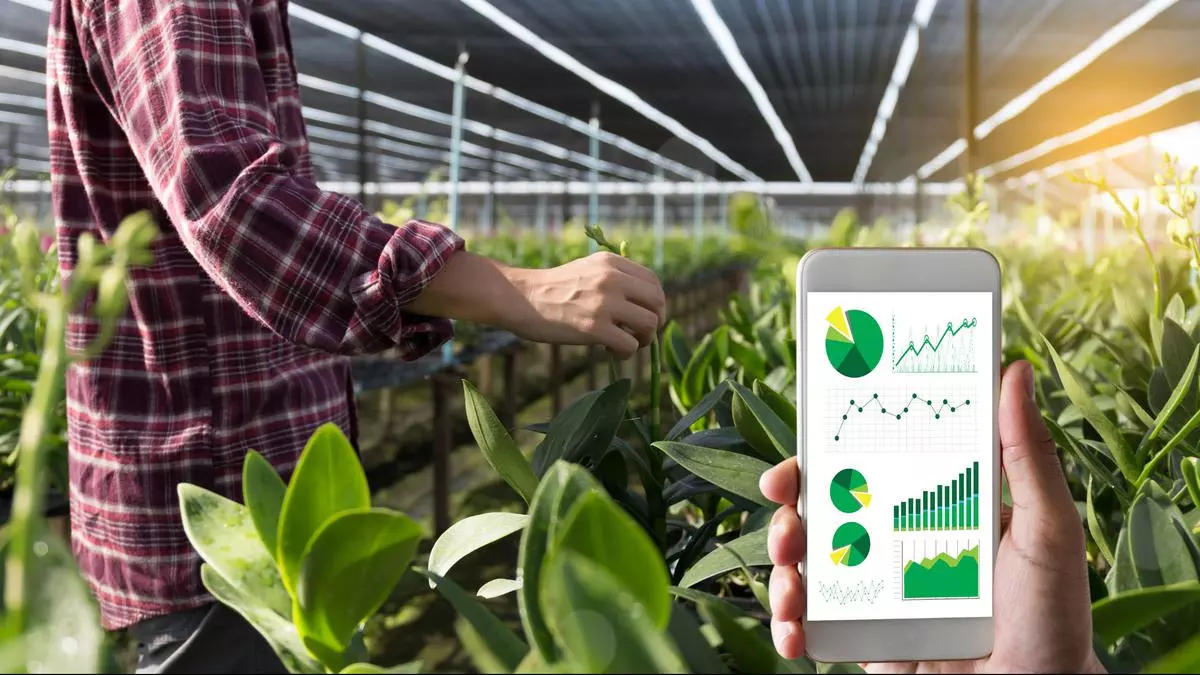Investments in Indian agri-food tech declined 33% to $2.4 b in 2022: AgFunder-Omnivore report
Investment in Indian agri-food technology fell by a third to $2.4 billion during 2022 compared to the previous year’s $3.6 billion, a report by AgFunder and Omnivore said, tracking global trends of tightening capital availability.
The India AgriFoodTech Investment report said the 33 per cent decline in investments matched a global downtrend, but there were bright spots as investors backed farmer-focused innovations and climate change.
The report stated that growing concerns about the impact of climate change on Indian agriculture have captured the attention of investors, spurring efforts to offer affordable mitigation and adaptation solutions to smallholder farmers.
Moreover, innovative startups upstream, closer to farmers and across the supply chain, bucked the downward trend seen in the world, raising $617 million, up 50 percent from $409 million in 2021.
The report said the total number of deals decreased to 133 in 2022 compared to 230 in 2021.
Farmtech investment also remained relatively strong, raising $1.1 billion in 2022, a modest drop of just 15 percent from 2021.
category performance
The agribusiness and financial technology markets were the most popular initial category among investors. Investor interest in food delivery startups has waned with the sector’s consolidation and few new innovations.
The availability of capital has tightened in India along with the rest of the world, though not as sharply as in developed markets.
Indian venture investors remain bullish about upstream agri-food technology innovations — those that work on the farm and in the supply chain — that trench deep and offer affordable solutions to smallholder farmers.
In contrast, despite attracting significant financing over the past few years, investments in downstream start-ups declined by 37 percent in 2022 year on year. Once the pandemic lockdowns were over, many finished projects struggled to maintain the exponential pace of growth created by Covid-19 in 2020 and 2021.
The saturation of the home delivery market has reduced investor interest. In the coming months, we expect fewer players to enter the downstream market and more mergers and acquisitions between established companies, the report said.
Most funded downstream categories
Meal and grocery markets were again the top funded final categories. The capital raised through these two tiers accounts for 54 percent of all funding in Indian agri-food tech, with e-grocery startups getting the most delayed deals.
Refining, processing and marketing startups raised $1.7 billion in 2022, down 37 percent from $2.6 billion in 2021. Swiggy’s late $700 million deal made up the bulk of the investment in this category.
The e-grocery startup has raised $776 million across 20 deals, accounting for 32 percent of all agri-food technology funding in India. Midstream Technologies deal activity is down although the category is still active with $178 million raised across 14 deals.
Michael Dean, Co-Founder, AgFunder said, “It’s a challenging funding environment for startups globally, and as our report shows, India is no different. The relative increase in seed funding is a welcome bright spot and reflects the urgent need to fund technologies that address shortcomings The multiple factors in our food production and distribution systems that contribute to climate change and hunger.”
“Across India’s agri-food technology ecosystem, 2023 will stress startups testing them, while also serving as a model for VCs who can get in on promising deals at cheap valuations,” said Marc Kahn, managing partner at Omnivore. Despite the passing headwinds India’s agri-food technology will continue to advance.”
